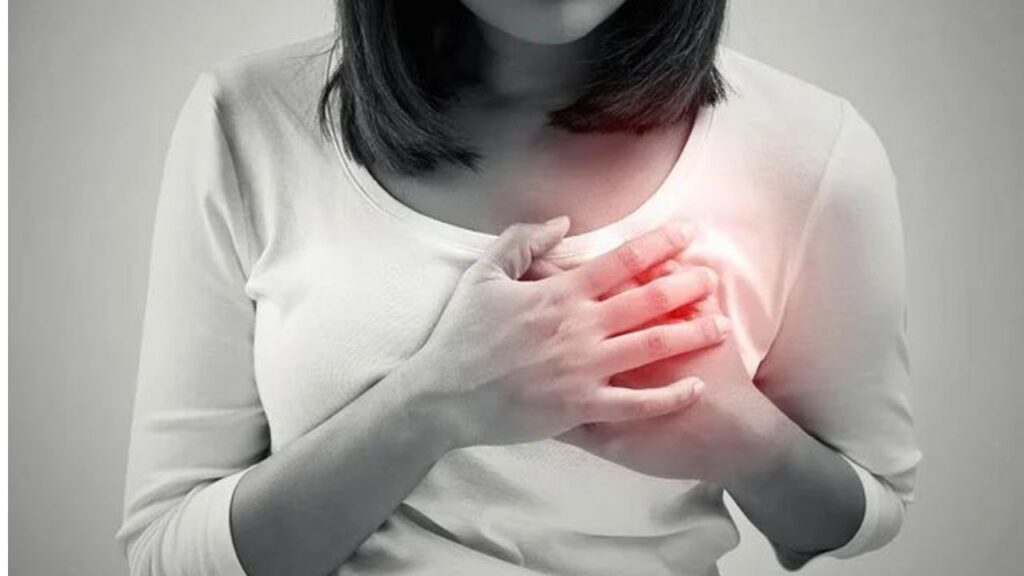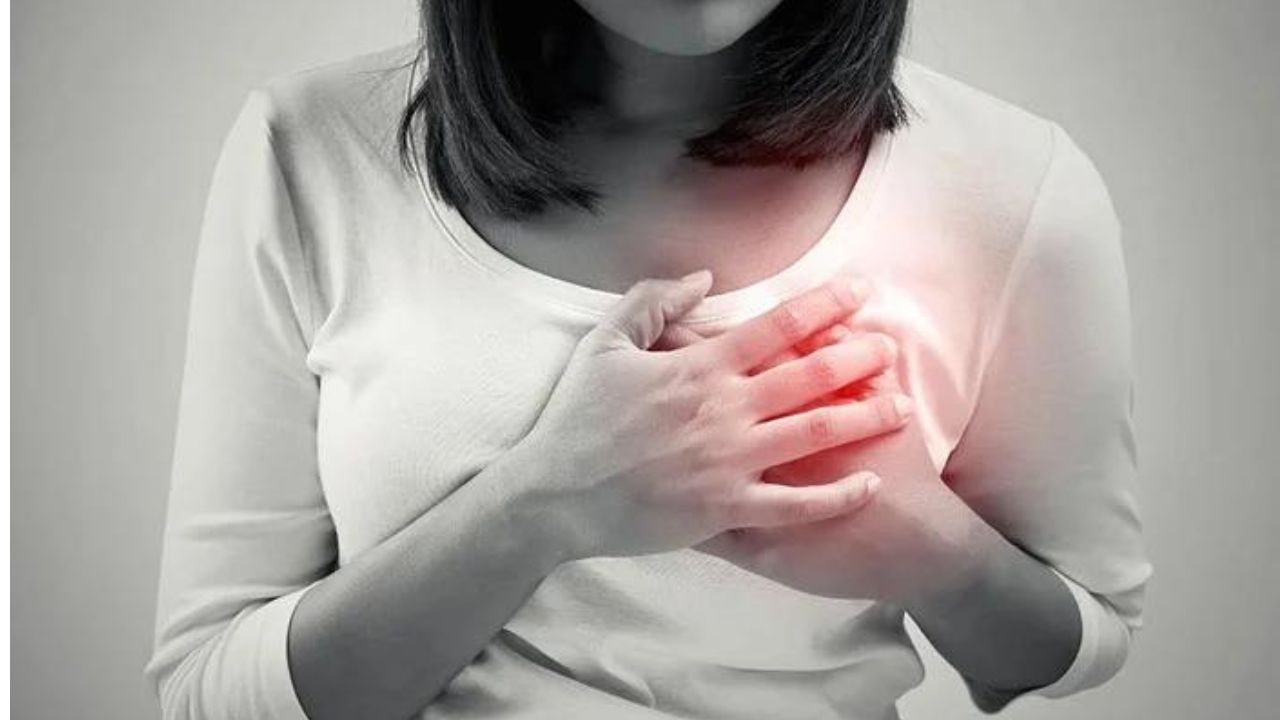Many women experience heart attacks with atypical signs and symptoms that they might easily dismiss. This lack of awareness can tragically delay diagnosis and treatment, with potentially devastating consequences.
More than 300,000 women in the US die from heart disease each year, making it the leading cause of death for women. However, only roughly half of women are aware of the dangers, warning signs, and symptoms of heart attacks.

CBS News chief medical reporter Dr. Jon LaPook joined “CBS Mornings” on National Wear Red Day, which is marked on February 2 to promote awareness for cardiovascular disease, to discuss what ladies should know.
Despite a decline in rates over the previous 20 years, according to LaPook, far too many people still pass away from heart disease.
“It’s a dangerous misconception that heart disease is somehow exclusively a male disease,” he stated. “It kills women the most often. We’re dressed in red today for a cause.
Signs of heart attack in women
According to LaPook, the following are the most typical heart attack symptoms in women:
Chest ache
Breathlessness
There may be a few more unusual symptoms, though, such as:
Symptoms include nausea, vomiting, fatigue, and jaw, back, or other pain.
Heart disease risk factors
Heart disease is associated with a number of risk factors, such as:
elevated blood pressure
Diabetes
elevated cholesterol
Being overweight
Passivity
LaPook continues, “Access to care is another thing.” “You have to be able to actually see a doctor.”
Additionally, he begs, “No smoking!” “That’s one of the big reasons for the drop is the decline in smoking,” he states.
Is there a screening for heart disease?
Early awareness of your numbers, including blood pressure, weight, and other metrics, is the best defense against heart disease.
It’s not something you should put off until after you start experiencing symptoms before deciding to give it your all. This need to be a continuous endeavor. Therefore, you should adopt healthy habits from an early age,” LaPook advises. That means keeping your weight within a healthy range and understanding “what your numbers are.”
Since high blood pressure frequently goes unnoticed, you should be aware of those readings. You should confirm that you do not have diabetes and that your cholesterol levels are normal.”
Heart health and pregnancy
LaPook describes pregnancy as a “big stress test.” He says you want to be in good general health going into pregnancy, just as you wouldn’t start exercising the day before running a marathon.
“Part of that means access to care, making sure that you know your numbers, that you’re the right weight,” according to him. In addition, he mentioned the increasing worries for Black women, who have a higher pregnancy death rate.
“It’s a problem that’s been addressed, but sporadically and not well enough, and the reasons for it are multifactorial — it’s social determinants of health,” LaPook stated. “Obviously, we know there is implicit bias if you don’t have access to decent housing, food, or medical care.

